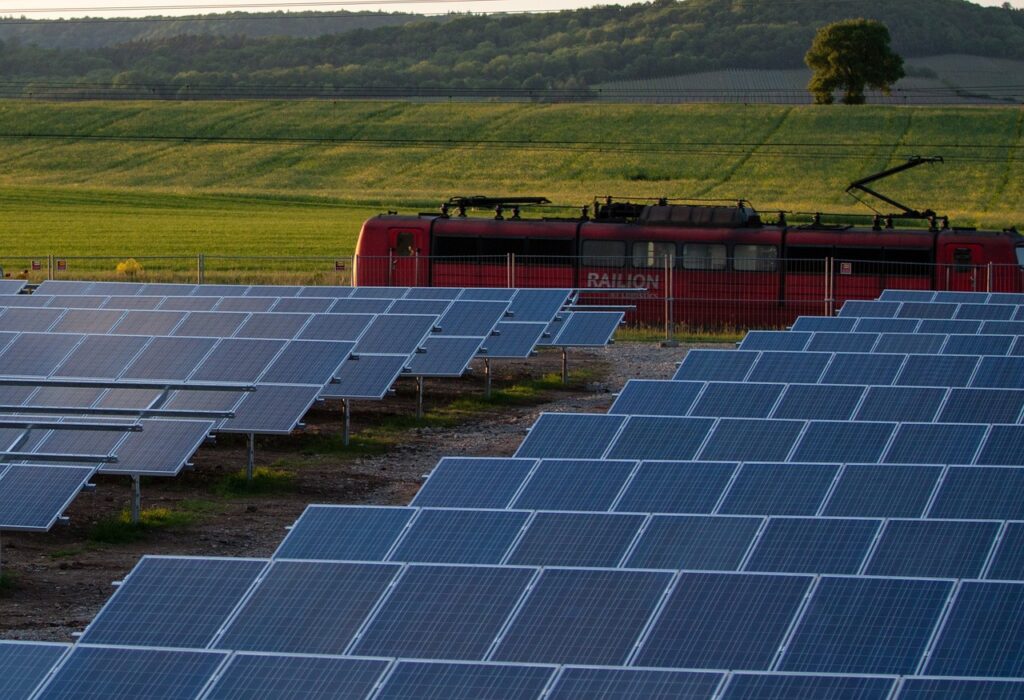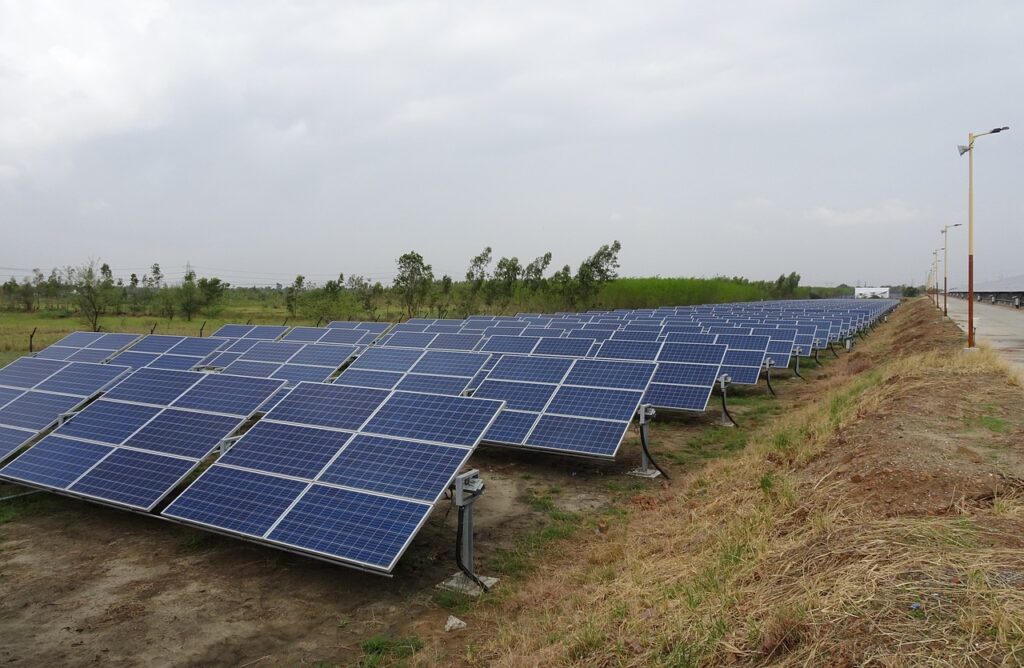Table of Contents
☔ Do Solar Panel Work in the Rain? A Clear and Simple Guide
Do solar panel work in the rain? This is a common question among homeowners considering a solar energy system. The good news is — yes, solar panels do work even when it’s raining. Although their efficiency is reduced compared to sunny days, they still produce electricity by capturing indirect sunlight that filters through the clouds.
Understanding how solar performs in all weather conditions helps you make an informed decision and get the most from your investment.
🔍 Do Solar Panel Work in the Rain and Cloudy Weather?
The simple answer: Yes, but with reduced output. On rainy or heavily overcast days, solar panels typically generate 10–25% of their normal power capacity. That’s because:
- Sunlight is still present, even if diffused
- Solar cells can absorb light through cloud cover
- Panels continue generating electricity unless completely dark
So, while performance drops, your system doesn’t shut down.

🌦️ Do Solar Panel Work in the Rain Like They Do on Sunny Days?
No — not at the same efficiency. On sunny days, your system performs at peak capacity, especially around noon when sunlight is strongest. In the rain:
- Clouds scatter sunlight, reducing intensity
- Raindrops and fog may reduce clarity
- Panels still work, just at a lower efficiency
But remember, even a reduced output is still energy savings — and better than none!
💧 How Rain Helps Solar Panels: A Surprising Benefit
Not only do solar panels work in the rain — rain can actually help them work better over time.
Here’s how:
- Rain washes away dirt and dust that block sunlight
- Clean panels = higher efficiency once the sun returns
- Reduces the need for manual cleaning
In this way, rainy days are like a free maintenance session for your solar system.
🌧️ Do Solar Panel Work in the Rain for Homes in Rainy Regions?
Yes—solar panels do work in the rain, even in areas with frequent cloud cover or wet weather. While solar panels perform best in direct sunlight, they don’t stop working just because it’s cloudy or raining. If you live in a rainy region, solar is still a smart, sustainable investment—here’s why:
☁️ 1. Solar Panels Generate Power Even on Cloudy Days
Solar panels work by converting sunlight (not heat) into electricity. During rainy or overcast days:
- Diffuse sunlight still reaches the panels, allowing them to generate power.
- You can expect production to be around 10–30% of maximum output on cloudy days.
- High-efficiency panels can perform even better under low light conditions.
So, while output is reduced, it doesn’t drop to zero.
💧 2. Rain Actually Helps Keep Panels Clean
Believe it or not, rain is beneficial for solar panels:
- It washes away dust, bird droppings, pollen, and debris that can block sunlight.
- Clean panels can operate more efficiently after a good rain rinse.
- In rainy climates, this natural cleaning helps reduce maintenance costs.
It’s like a free system wash from Mother Nature. 🌿
🔋 3. Energy Storage Solves Low-Production Days
If you’re concerned about power during extended rainy periods, battery storage is your best friend:
- Excess energy from sunny days can be stored in solar batteries.
- These batteries supply electricity when panels aren’t producing at full capacity.
- They also offer backup during storms or grid outages.
This is especially helpful in regions with unpredictable weather.
🌦 Examples of Rainy Yet Solar-Friendly Cities
Cities like:
- Seattle, WA
- Portland, OR
- London, UK
- Vancouver, Canada
…all receive significant rainfall—but still see wide adoption of solar technology. Why? Because:
Environmental impact is reduced regardless of weather.
Modern panels are efficient in low light.
Electricity costs savings add up over time.
⚡ Thinking of Going Solar in a Rainy Area?
🔌 Do Solar Panel Work in the Rain Without a Battery?
If your system is grid-tied (connected to the utility grid), it will:
- Still produce power during the rain
- Draw energy from the grid when needed
- Send excess power back to the grid on sunny days
If you have solar batteries, you can store energy generated on sunny days and use it during cloudy or rainy conditions — ensuring a constant power supply.
🌡️ Do Solar Panel Work in the Rain in Winter?
Yes—solar panels still work in the rain, even during winter months. While they may not produce as much energy as on sunny summer days, today’s solar technology is designed to generate electricity year-round, even in less-than-perfect weather.
Let’s break down how solar panels perform during rainy, cold winters:
☁️ 1. Solar Panels Still Generate Power on Cloudy, Rainy Days
Solar panels capture sunlight, not heat. So even in the cold, as long as light is reaching the panels—they’ll work.
During rainy winter days:
- Diffuse sunlight is still available, even through clouds.
- Solar panels typically operate at 10–30% capacity under overcast skies.
- Shorter days and frequent storms reduce output, but don’t stop it completely.
💡 Fun fact: Solar panels often work more efficiently in cooler temperatures than in high heat.
❄️ 2. Cold Weather = Better Panel Efficiency
Unlike many electronics, solar panels actually perform better in cold weather:
- Cold temperatures help reduce electrical resistance.
- Panels convert light into electricity more efficiently when it’s cool.
- This means on clear, cold days—even in winter—panels can perform exceptionally well.
So, winter isn’t a dealbreaker—it’s just different.
💧 3. Rain Helps Clean the Panels
Rain has a hidden benefit: it washes away dust, snow, and debris from your panels. Clean panels allow more sunlight to reach the solar cells, which helps:
- Boost efficiency after storms
- Reduce the need for manual cleaning
- Keep your system operating at its best year-round
🔋 4. Battery Storage Fills the Gaps
To handle low-sunlight days in winter:
- Solar battery systems can store energy from sunny days for use during cloudy or stormy stretches.
- This is especially helpful in off-grid or rural setups.
- Batteries also provide backup power during winter outages.
With battery storage, you don’t have to worry about dips in production.
🌦️ 5. Real-World Example: Solar in Snowy Regions
Many areas with harsh winters—like Germany, Canada, Scandinavia, and parts of the northern U.S.—use solar successfully year-round. These regions have:
- Snowfall and rainy seasons
- Short winter days
- Cold temperatures
Yet they’ve embraced solar because of long-term savings, environmental benefits, and improved solar tech.

☀️ What is the Process of Solar Installation?
💸 How Much Power is Lost During Rainy Days?
On average, you can expect a reduction of 75–90% in power generation, depending on:
- Cloud thickness
- Rain intensity
- Time of day
- Panel angle and location
Despite this, energy production over the entire year usually balances out, especially during sunny months when panels overproduce and offset the losses.
⚡ Do Solar Panel Work in the Rain with Modern Technology?
Absolutely! Advances in photovoltaic (PV) technology help panels perform better than ever:
- Bifacial panels capture light from both sides
- High-efficiency cells absorb more scattered light
- Anti-reflective coatings boost performance on cloudy days
These innovations make modern solar panels more adaptable to variable weather — including rain.
🔁 Solar Panels, Rain, and Net Metering
Thanks to net metering, rainy-day losses don’t mean you lose money. When your panels overproduce on sunny days, you earn energy credits from your utility. These credits can then cover the energy you use on days when panels aren’t producing as much.
This helps maintain your electricity savings year-round.
🌍 Why Solar Still Makes Sense in Rainy Areas
Here’s why solar is still a smart investment, even with frequent rain:
- Electricity bills are reduced
- Panels still generate power
- Rain helps with panel cleaning
- Net metering balances cloudy-day losses
- Long-term environmental impact is positive
So if you’re asking, “Do solar panel work in the rain?”, the answer is yes — and they’re still well worth it.
❓ FAQs: Do Solar Panel Work in the Rain?
Q1. Do solar panels stop working when it rains?
No, solar panels continue working in the rain, just with reduced output.
Q2. Can rain damage my solar panels?
No, solar panels are weatherproof and designed to withstand rain, wind, and hail.
Q3. Do I need more panels if I live in a rainy area?
Sometimes, yes — adding a few extra panels can help compensate for reduced output on cloudy days.
Q4. Should I clean my panels after the rain?
Usually no — rain naturally cleans most dirt. But occasional manual cleaning may help in dusty areas.
Q5. Will batteries help during rainy days?
Yes, solar batteries store excess power from sunny days for use when sunlight is limited.
✅ Conclusion: Do Solar Panel Work in the Rain?
So, do solar panel work in the rain? The answer is a solid YES. While they produce less electricity compared to clear, sunny days, solar panels still work by capturing indirect sunlight — and the rain even helps keep them clean. With smart system design, net metering, and optional battery storage, solar energy remains efficient and cost-effective year-round, no matter the weather.
Follow us on Facebook for Quick Response & Quires – 24/7 Task Connect